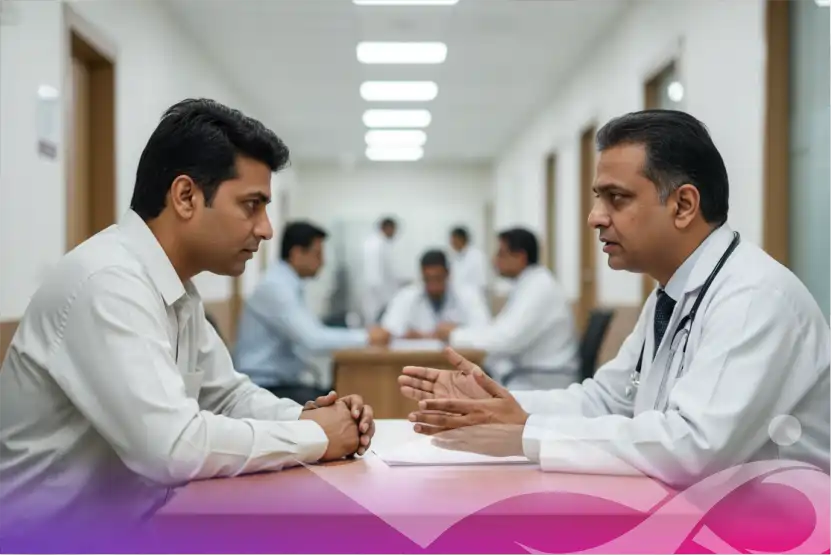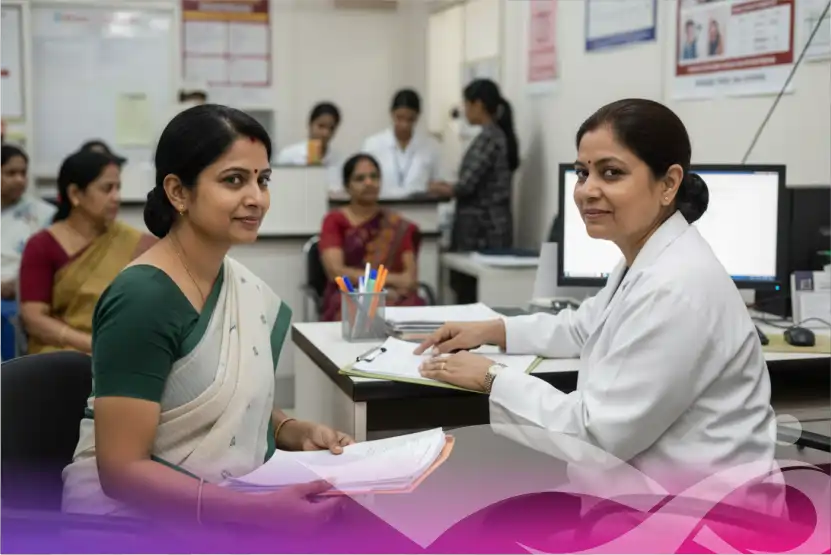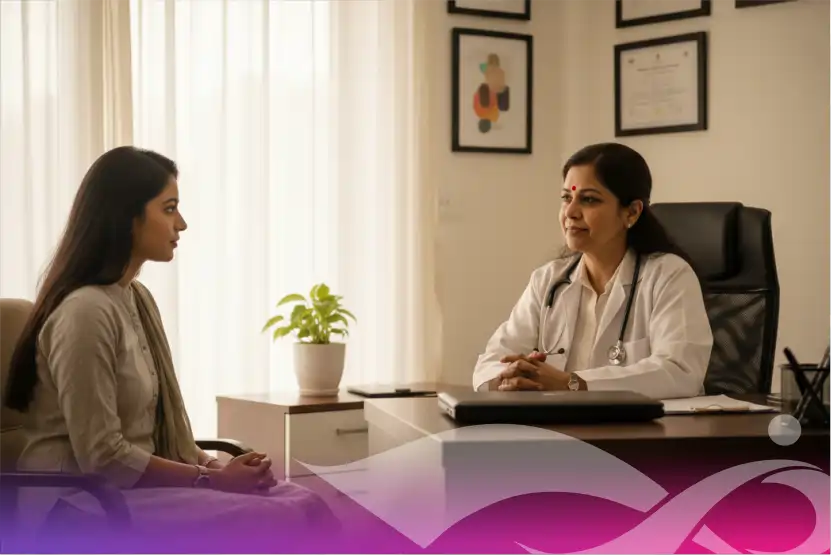Everyone Feels Tired. But This Is Different.
Fatigue is a part of life. Whether it’s due to stress, long working hours, or lack of sleep, we’ve all felt worn out. But what if your fatigue doesn’t improve with rest? What if it lingers for weeks, drains your energy completely, and comes with no clear reason?
At IOCI India, we often see cases where persistent, unexplained tiredness was actually the body’s first quiet cry for help. Not from overwork or burnout but from cancer.
The Body Whispers Before It Shouts
Many cancers start subtly. No dramatic pain, no sudden emergency. Just a slow, growing sense that something isn’t right. And fatigue is often at the center of it.
This isn’t the tiredness that disappears after a good night’s sleep. It’s the kind that makes simple tasks feel heavy. Climbing stairs becomes exhausting. Waking up doesn’t bring relief. You might also feel foggy, irritable, or emotionally flat.
These early changes are often overlooked, but they’re part of what are early warning signs of cancer especially in cancers like leukemia, lymphoma, colon cancer, and ovarian cancer.
Why Fatigue Happens in Cancer
Cancer cells grow quickly and demand a lot of the body’s energy. In the process, they disrupt how your organs function, interfere with blood cell production, and can cause internal inflammation all of which drain energy reserves.
Sometimes the body is also fighting in silence. The immune system is active long before symptoms appear, quietly responding to abnormal cells. This internal battle can lead to persistent fatigue, long before cancer is diagnosed.
Other Subtle Clues That Shouldn’t Be Ignored
Fatigue rarely comes alone. If you’ve been feeling constantly tired for more than two or three weeks, pay attention to what else is happening. Are you losing weight without trying?
Is your appetite decreasing? Are you falling ill more often than usual?
These signs may seem unrelated, but together they raise a red flag.
Patients often ask us, how long can cancer go undetected? In many cases, the answer is months — even years. Especially when the symptoms are vague and slow to progress.
That’s why understanding your body’s patterns matters. You know what’s normal for you. And you’ll know when something feels “off.”
What If You’ve Already Been Diagnosed?
For those undergoing treatment, fatigue is often even more intense. Chemotherapy, in particular, can cause a deep exhaustion that takes time to manage. Alongside it, many patients wonder, do you lose weight during chemotherapy? Yes, often. Loss of appetite, nausea, and changes in digestion can all contribute.
That’s why nutrition, hydration, and rest are crucial not just for comfort, but to help the body cope and recover.
When to Take Action
If you’ve been feeling exhausted for weeks with no clear explanation, don’t ignore it. Consult your doctor. Ask questions. Run basic tests to rule out deficiencies or thyroid issues. And if things still don’t add up, push for further screening.
At IOCI India, we believe that no symptom is “too small” if it persists. We’ve helped many patients get diagnosed early, simply because they listened to their body and asked for answers.
Final Thoughts: Fatigue is a Clue, Not Just a Complaint
You don’t need to panic the moment you feel tired. But you also shouldn’t normalize fatigue that keeps coming back and getting worse. Cancer doesn’t always start with pain sometimes it starts with silence.
And that silence often sounds like tiredness.
Consult us at any of our locations across IOCI Noida, Greater Noida, Mumbai, Indore, Chh. Sambhajinagar, Agartala, Saharanpur, Kanpur and Jodhpur.












